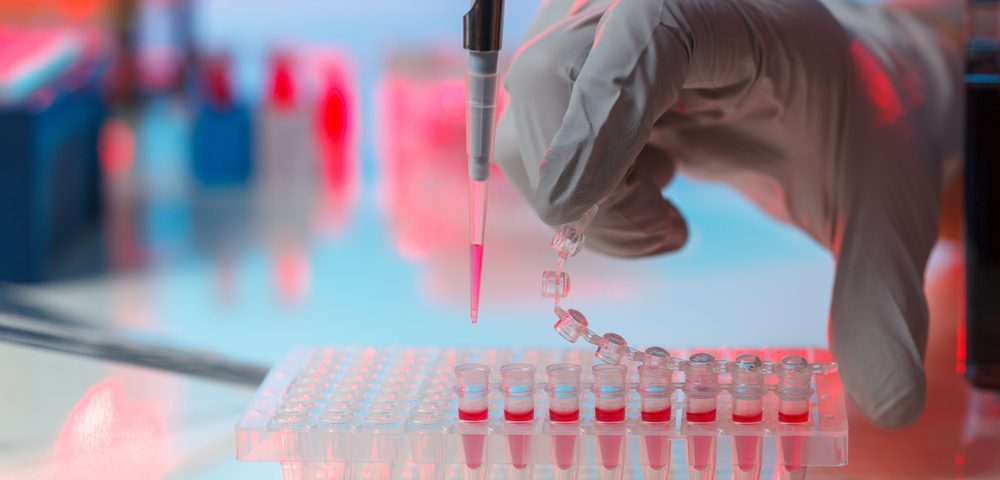More insight into the genetic causes of asthma may open new therapeutic avenues and help identify people at higher risk of developing the disease, say researchers at the Yale School of Public Health.
Asthma affects 25 million Americans, or 8 percent of the U.S. population, according to the Centers for Disease Control and Prevention. Recognizing its burden, in 2013 the World Health Organization announced global measures to tackle asthma and monitor its prevalence worldwide.
Asthma, a complex disease, is caused by both genetic and environmental factors such as allergens — smoke and pollen, for example — as well as air pollution and chemical substances. But a comprehensive knowledge of the causes of asthma is lacking.
“Asthma is what we in the field of genetic epidemiology classify as a complex trait,” Dr. Andrew T. DeWan, a Yale associate professor of chronic disease epidemiology, said in a news release. “Genetic characteristics inherited from your parents make about a 50 percent contribution to the risk of developing asthma, but there is also a large component that is not inherited — all sorts of environmental influences.”
So far, researchers have pinpointed a link between asthma and more than 400 genes. But unveiling the causes of asthma is no simple task. Besides identifying which genes may increase the likelihood of asthma, researchers must determine if mutations occur in these genes and what impact that has on susceptibility to the disease.
Researchers also seek to understand how different genes may combine and lead to a higher risk of asthma, and how individual genetic and environmental factors enhance these combinations. This explains the variability in asthma traits seen among people — and why a certain genetic combination in one person may increase the risk for asthma but not in another.
“A lot of my research is focused on dealing with this mixed bag of results to get a better biological understanding of asthma,” DeWan said. “To detect the small effects of these genetic variants on asthma, we need much larger sample sizes, and we’re now getting to that point. We’re trying to understand which inherited genetic variants are contributing to an individual’s risk of developing asthma by looking in large populations, and these big data sets will give us the statistical power to find what is really a needle in a haystack.”
Asthma’s $56 billion annual price tag
Once researchers identify which genes and which mutations increase an individual’s likelihood to suffer from asthma, they might be able to predict which patients will develop asthma.
“If we can understand the biological processes that cause asthma,” said DeWan, “we can develop better treatments for it and intervene at a pharmaceutical level to prevent or lessen the symptoms.”
This type of genome-wide analysis may also lead to the identification of genetic markers for monitoring disease and patients’ response to therapy, opening a possibility for personalized treatments.
Asthma accounts for 25 percent of all U.S. emergency-room visits and more than 500,000 hospitalizations each year. The disease costs Americans an estimated $56 billion in annual medical care, premature deaths and absences from work and school.
Currently, DeWan is conducting a local study named FAstGen, short for Family-Specific Genetic Variants Contributing to Asthma Susceptibility. The researchers recruited 250 families with a minimum of three children, and at least two of them with asthma — indicating a potential genetic cause for the disease.
Researchers have already extracted DNA samples from all participants, and they are currently being analyzed by DNA sequencing. This technique lets researchers read the full code of each patients’ DNA and identify which alterations may be linked to asthma.
“We’ll probably be analyzing these data for the next couple of years, looking for rare mutations that are contributing to the development of asthma in individual family members.” DeWan said.

